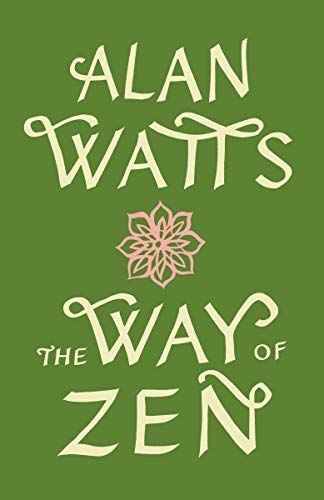
Reviews
Manu@manuelmoreale
Omar@omareduardo
endition@endition
Nick Palmer@dettyharry
Jens Obel@jensobel
John Nettles@jnettl2
Georgi Mitrev@gmitrev
Eduardo Sanchez@esmp
Nadav Spiegelman@nadavspi
Phil Sheard@philsheard
Christopher Wheeler@woolgatherist
Raag Sudha@raagrambles
Sabine Delorme@7o9
gizem serçe@sercegizem
Mahit@mahit
Chinmay Kunkikar@chinmaykunkikar
Mattia Compagnucci@mrmatcom
Kevin S Perrine@kevinsperrine
Kevin S Perrine@kevinsperrine
Vio@vio
Bud Valley@bud
Thomas Karstens @tpei
Elsa Saks@elsa
Highlights
Manu@manuelmoreale
Page 201
Manu@manuelmoreale
Page 197
Manu@manuelmoreale
Page 155
Manu@manuelmoreale
Page 151
Manu@manuelmoreale
Page 148
Manu@manuelmoreale
Page 147
Manu@manuelmoreale
Page 138
Manu@manuelmoreale
Page 125
Manu@manuelmoreale
Page 123
Manu@manuelmoreale
Page 116
Manu@manuelmoreale
Page 99
Manu@manuelmoreale
Manu@manuelmoreale